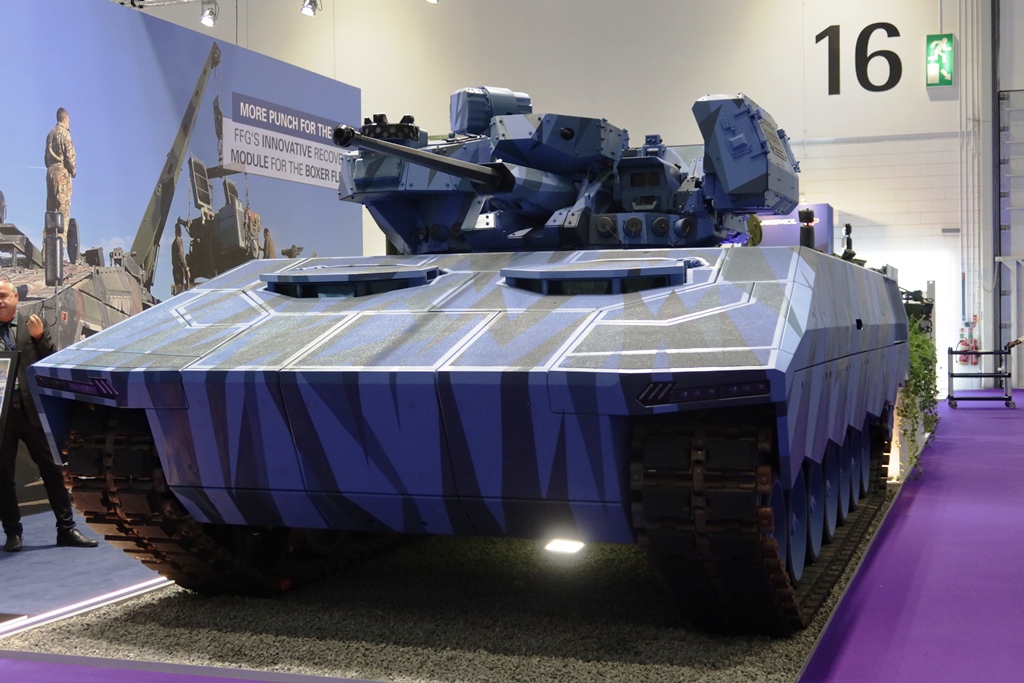Deadly Incursion: M23 Armed Group Assaults Hospital in Goma
On April 4 to 5, 2024, a terrifying incident unfolded at the Kyeshero hospital in Goma, eastern Democratic Republic of Congo (DRC), drawing condemnation from the humanitarian organization Doctors Without Borders (Médecins Sans Frontières, MSF). The organization reported that approximately 20 armed men from the Rwanda-backed M23 armed group invaded the hospital grounds, creating a climate of fear and violence in a location that should be a sanctuary for the sick and injured.
The Assault: A Harrowing Experience for Medical Personnel
According to MSF’s statement, the armed assailants entered the hospital seeking individuals who had taken refuge within its walls. The chilling nature of the incursion was compounded by gunfire; MSF teams witnessed the chaos as shots rang out near hospital wards. Tragically, the attack resulted in the death of one person and left three others injured. Furthermore, two hospital staff members suffered severe beatings at the hands of the intruding armed men. While the attackers refrained from breaching the wards, stray bullets found their way inside, illustrating the indiscriminate nature of the violence.
Context: The Growing Threat of the M23 Armed Group
The M23 group has become a formidable force in the DRC, having seized control of significant territories in the eastern provinces of North and South Kivu since its resurgence in 2021. Just earlier this year, they launched a swift offensive that culminated in their capture of Goma, the provincial capital. This situation has raised alarms internationally due to the security implications and the potential humanitarian crisis it threatens to unleash.
The presence of M23 in the region is deeply intertwined with the DRC’s abundant mineral wealth—resources critical to global supply chains in modern technology and energy. The country is rich in lithium, cobalt, tantalum, tin, gold, and copper, materials essential for cell batteries, electric vehicles, and various electronic devices. Unfortunately, this wealth has also been a double-edged sword, providing financial backing for the violence and instability that has plagued the DRC for decades.
Humanitarian Impact: The Growing Toll on Medical Facilities
The MSF’s emergency coordinator for Goma and North Kivu, Margot Grelet, expressed grave concerns about increasing violence against health facilities. She emphasized that events like the incursion at Kyeshero hospital are "unacceptable" and must never be repeated. Since the start of the year, MSF has faced around 15 violent incidents affecting local hospitals, illustrating a troubling trend that endangers not only healthcare providers but also the vulnerable populations relying on these medical services.
The Importance of Medical Facilities in Conflict Zones
In conflict zones, hospitals play a crucial role in providing emergency medical care to those who are injured or ill. They are often seen as safe havens where the sick can find refuge from the chaos outside. When armed groups threaten these sanctuaries, it exacerbates the humanitarian crisis, making it increasingly difficult for medical teams to operate. The recent attack underscores the urgent need for international attention and intervention to protect healthcare facilities and ensure continuous access to medical care.
A Call for International Response
The violence in the DRC, particularly the attacks by M23, necessitates a robust international response. Aid organizations like MSF call for accountability and protective measures to ensure that hospitals remain safe zones. The international community’s intervention is crucial not only to safeguard healthcare providers and patients but also to address the underlying causes of the conflict to promote lasting peace and stability in the region.
In summary, the assault on Kyeshero hospital is emblematic of the broader humanitarian crisis unfolding in the eastern DRC. As violence continues to threaten healthcare facilities, the need for immediate action becomes increasingly critical to safeguard vulnerable populations and uphold the sanctity of medical care in conflict situations.





